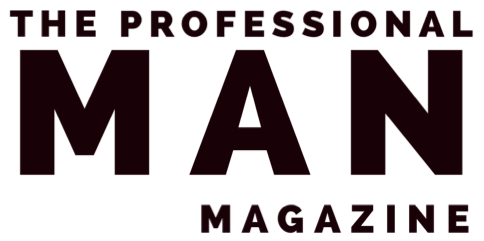Achieving a harmonious work-life balance is a goal that many professionals strive for. Balancing career demands with personal obligations and well-being is essential for long-term success and overall happiness. In this article, we will explore practical strategies and actionable tips on how to master work-life balance.
Learning how to manage your time and energy effectively is the key to mastering a healthy work-life balance. Time management is crucial in achieving a balanced life because it allows you to prioritize tasks better and determines your free time for leisure activities.
Define Your Priorities
The first step in mastering work-life balance is to clarify your priorities. Take the time to identify what truly matters to you in both your professional and personal life. Reflect on your values, goals, and aspirations, and use these as a compass to guide your decisions and actions.
Set Boundaries
Establishing clear boundaries between work and personal life is crucial. Learn to say no to excessive work demands that infringe upon your time. Taking on too many tasks is one of the leading causes of an unbalanced life. Communicate your boundaries assertively and consistently, ensuring that colleagues and superiors understand and respect your need for work-life balance.
Manage Time Effectively
Effective time management is key to achieving work-life balance. Prioritize your tasks, delegate when necessary, and avoid procrastination. Adopt time management techniques like the Pomodoro Technique (a time management method based on 25-minute stretches of focused work broken by five-minute breaks) or time blocking to enhance productivity and create designated time for personal activities and relaxation.
Establish Routines
Daily and weekly routines can help create structure and balance in your life. Designate specific times for work, family, self-care, and leisure activities. Consistency and predictability in your routines can reduce stress and provide a sense of control over your time.
Practice Self-Care
Self-care is essential for maintaining physical, mental, and emotional well-being. Make self-care a priority by engaging in activities that recharge and rejuvenate you. This can include exercise, meditation, hobbies, spending time with loved ones, or pursuing personal interests.
Unplug and Disconnect
In today’s hyper-connected world, it is crucial to disconnect from technology regularly. Set boundaries for technology usage and create device-free zones or specific timeframes for uninterrupted personal time. Disconnecting allows you to engage in non-work activities and recharge your mind entirely.
Delegate and Seek Support
Recognize that you don’t have to do everything alone. Delegate tasks at work and enlist the support of colleagues or team members. Learn the “art” of delegation, as you cannot progress in your career or have a balanced home life without it. Delegate household chores or seek assistance from family members or professional services (like a cleaner or gardener) to lighten your load. Asking for help is not a sign of weakness but a smart strategy to maintain balance.
Foster Effective Communication
Open and honest communication is essential for work-life balance. Communicate your needs and expectations to your colleagues, superiors, and loved ones. Clearly express your availability, limitations, and desired boundaries to ensure everyone is on the same page.
Create Quality Family and Personal Time
Protect and prioritize quality time with loved ones and personal activities. Be fully present during these moments, engage in meaningful conversations, and create lasting memories. Disconnect from work-related thoughts and focus on nurturing your relationships and personal growth.
Practice Mindfulness
Mindfulness is a powerful practice that promotes living in the present moment. Cultivate mindfulness in your daily life by paying attention to your thoughts, feelings, and sensations. Mindfulness exercises, such as meditation or deep breathing, can help reduce stress, increase focus, and enhance overall well-being.
Conclusion
Mastering work-life balance is an ongoing process that requires self-awareness, conscious decision-making, and consistent effort. By incorporating these strategies into your daily life, you can achieve a healthier and more fulfilling balance between work and personal responsibilities. Remember, finding the right balance is unique to each individual, so tailor these strategies to your specific needs and priorities. Embrace the journey toward work-life balance, and enjoy the rewards it brings to your personal and professional life.





